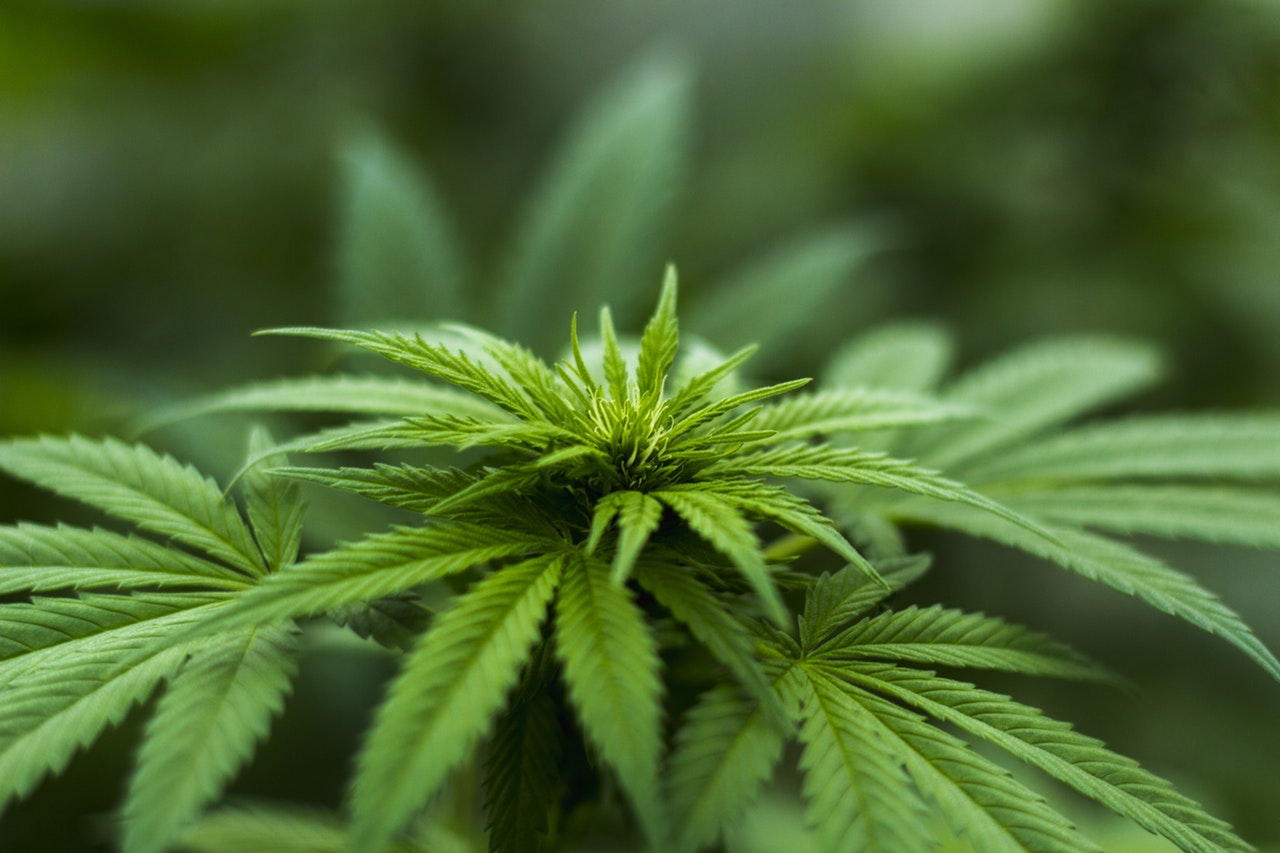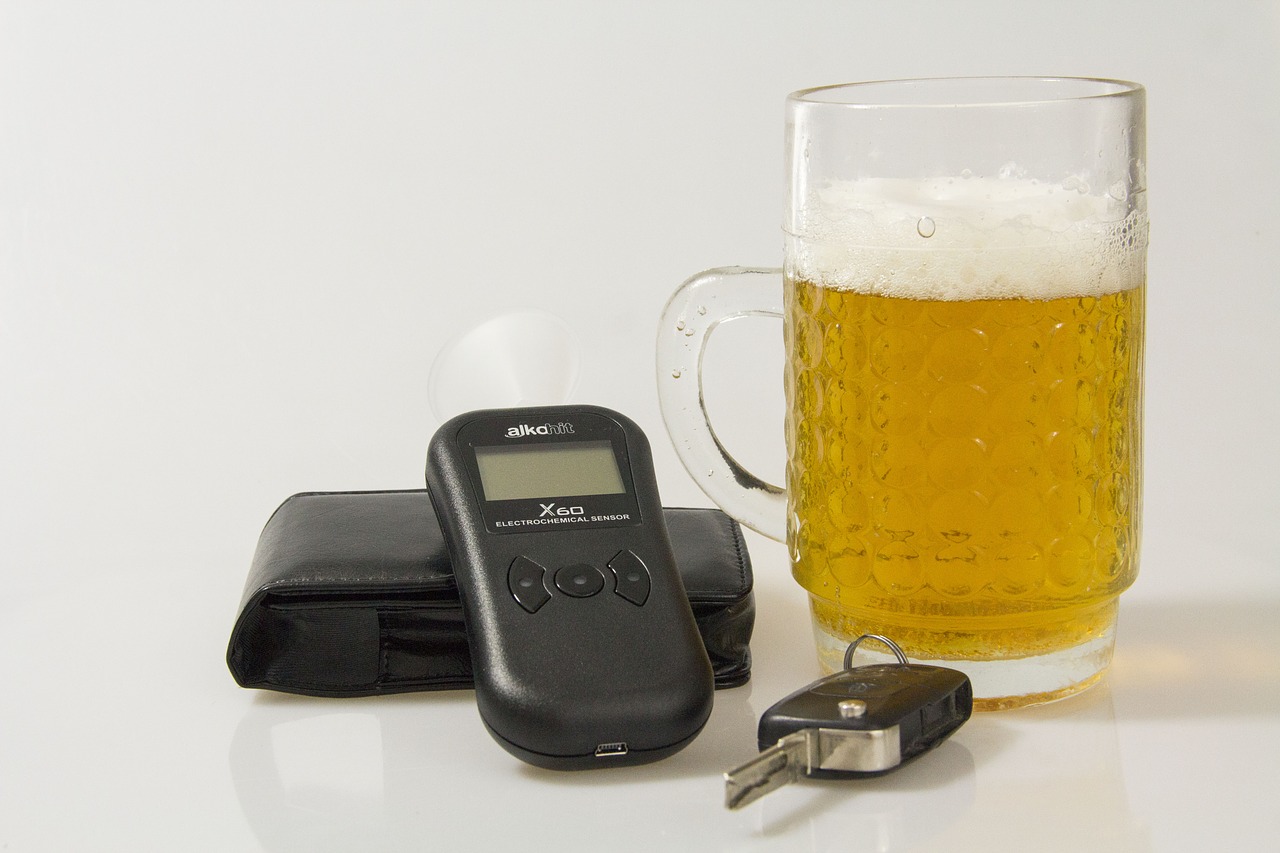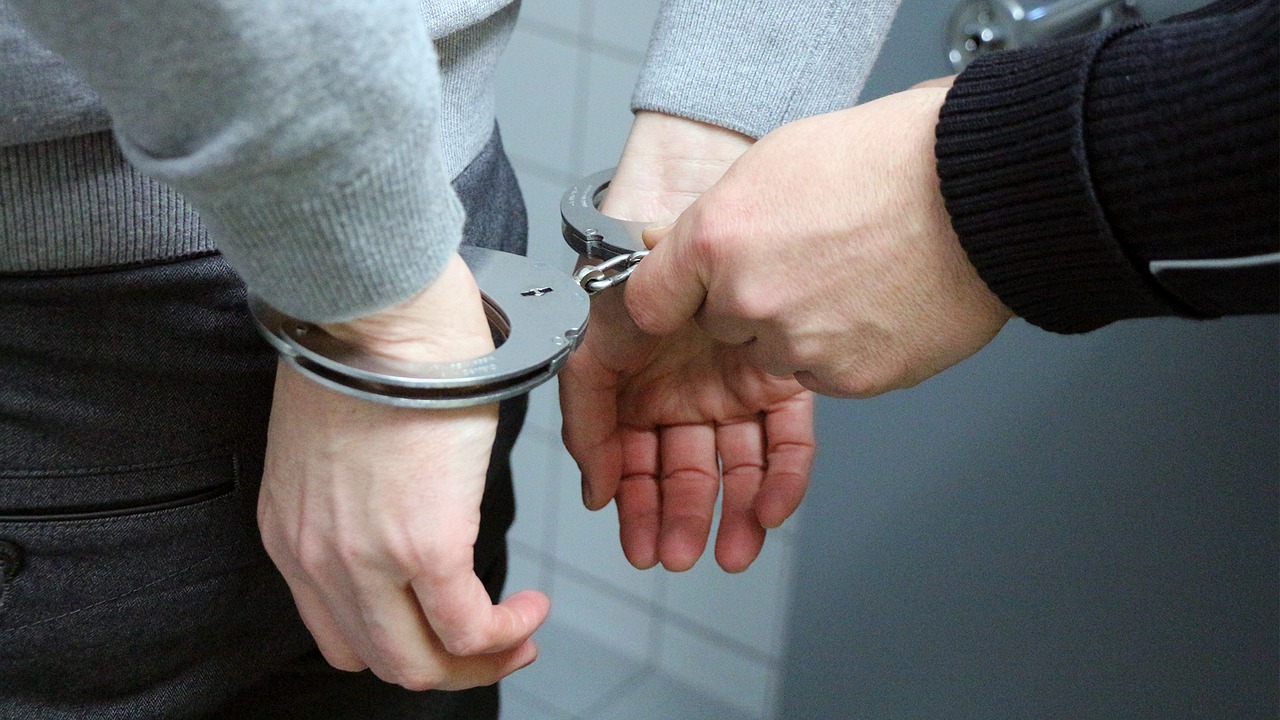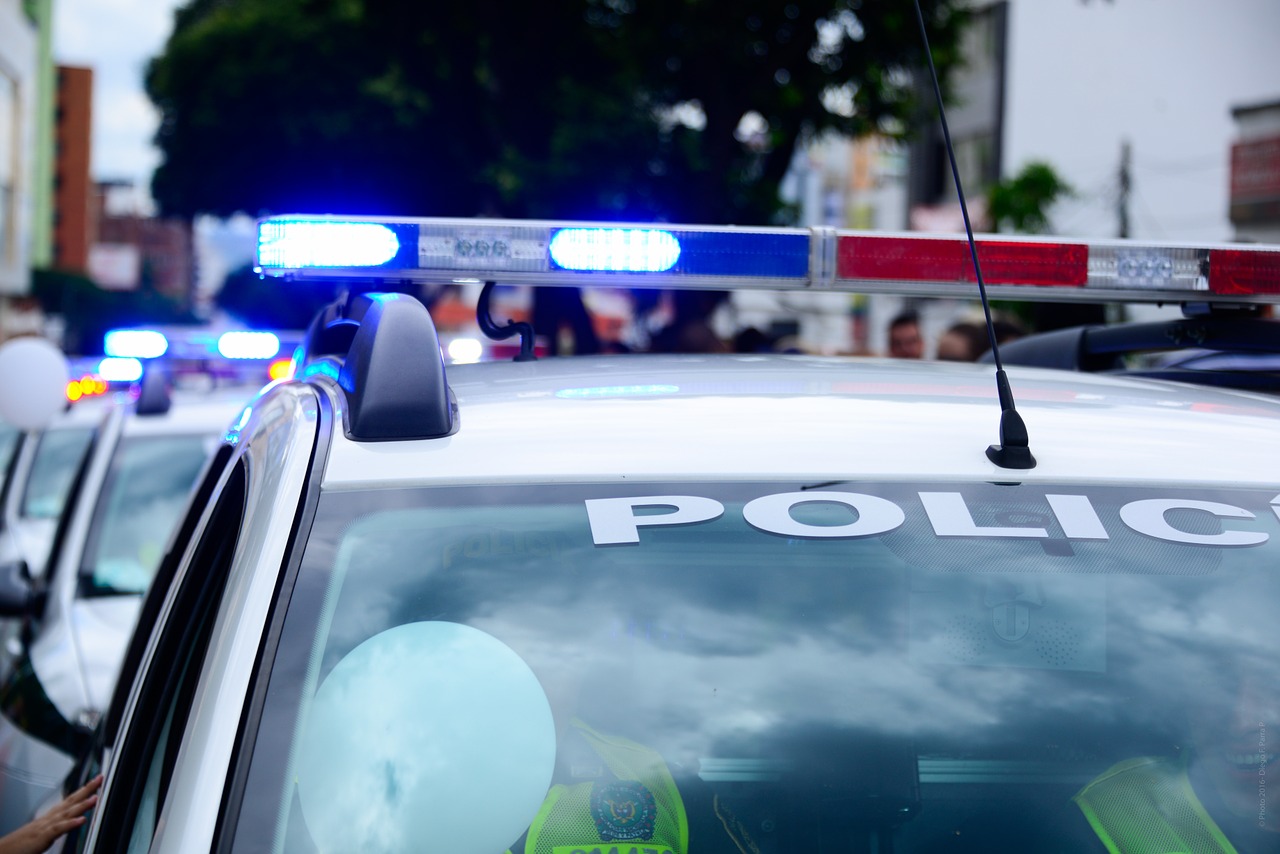Search
More Police Officers Trained to Use Roadside Drug Tests to Make DUI Arrests in Michigan
There are 32 new drug recognition “experts” (DRE) qualified to make DUI arrests in Michigan. Only a trained DRE may administer the saliva tests in a DRE DUI investigation. Including this new crop of 32 DREs, there are currently 157 a total of DRE trained officers in Michigan.
The use of “oral fluid” drug tests began as a pilot program in Michigan in late 2017 and lasted one year. Initially, the devices were only used in DUI investigations in five Michigan counties, including Berrien, Delta, Kent, St. Clair, and Washtenaw Counties. During this time a little more than 7 drivers per month were tested. No information is available relative to number of Michigan DUI arrests that followed.
The DRE officers in this pilot program used a device called a SoToxa Mobile Test System. This device tests a DUI suspect’s saliva for the presence of amphetamines, benzodiazepines, cannabis (delta 9 THC), cocaine, methamphetamines, and opiates. As such it is only used to give a yes/no answer to the question of whether a drug is present. The test does not give a number, or a quantitative drug level. Therefore, it cannot indicate if a driver is actually DUI.
 Michigan Criminal Defense Lawyer Blog
Michigan Criminal Defense Lawyer Blog


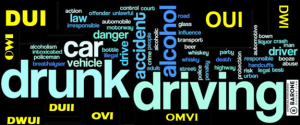 For most drivers the
For most drivers the  If you’ve been arrested for operating a vehicle while intoxicated,
If you’ve been arrested for operating a vehicle while intoxicated, 